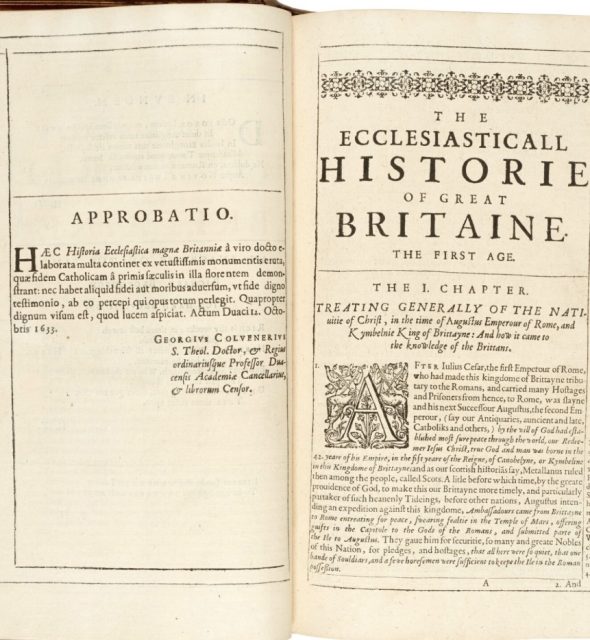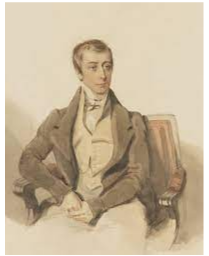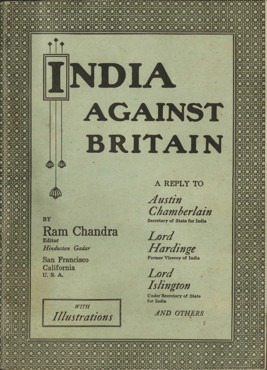
BROUGHTON PAPERS are official and private papers of Sir John Cam Hobhouse (Lord Broughton) in numerous bound volumes in the British Library. Lord Broughton, British administrator, who served as President of the Board of Control of the East India Company from 1835-41 and again from 1846-52, was responsible for the Home Government`s major policy decisions on the Punjab and the Sikhs.
CLERK, SIR GEORGE RUSSELL (1800-1889), diplomat, son of John Clerk, entered the service of the East India Company as a writer in 1817. After various appointments in Calcutta, Rajputana and Delhi, he became political agent at Ambala in 1831. He was appointed agent to the Governor General at the North-West Frontier Agency in 1840. In this capacity, he shaped British policy towards the Sikhs during the days following the death of Maharaja Ranjit Singh. For almost a decade, as political agent at Ambala, he had been responsible for British political relations with the cis Sutlej states.
- 1
- 2









